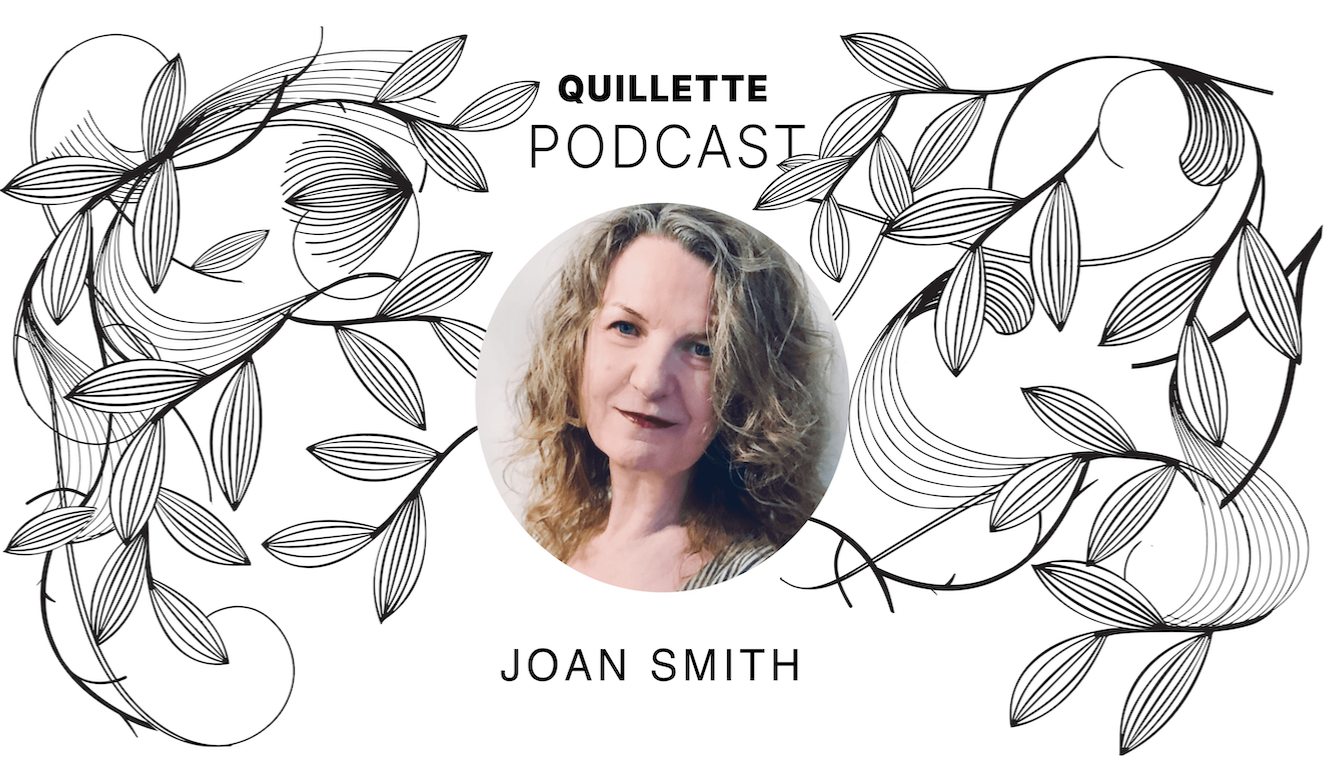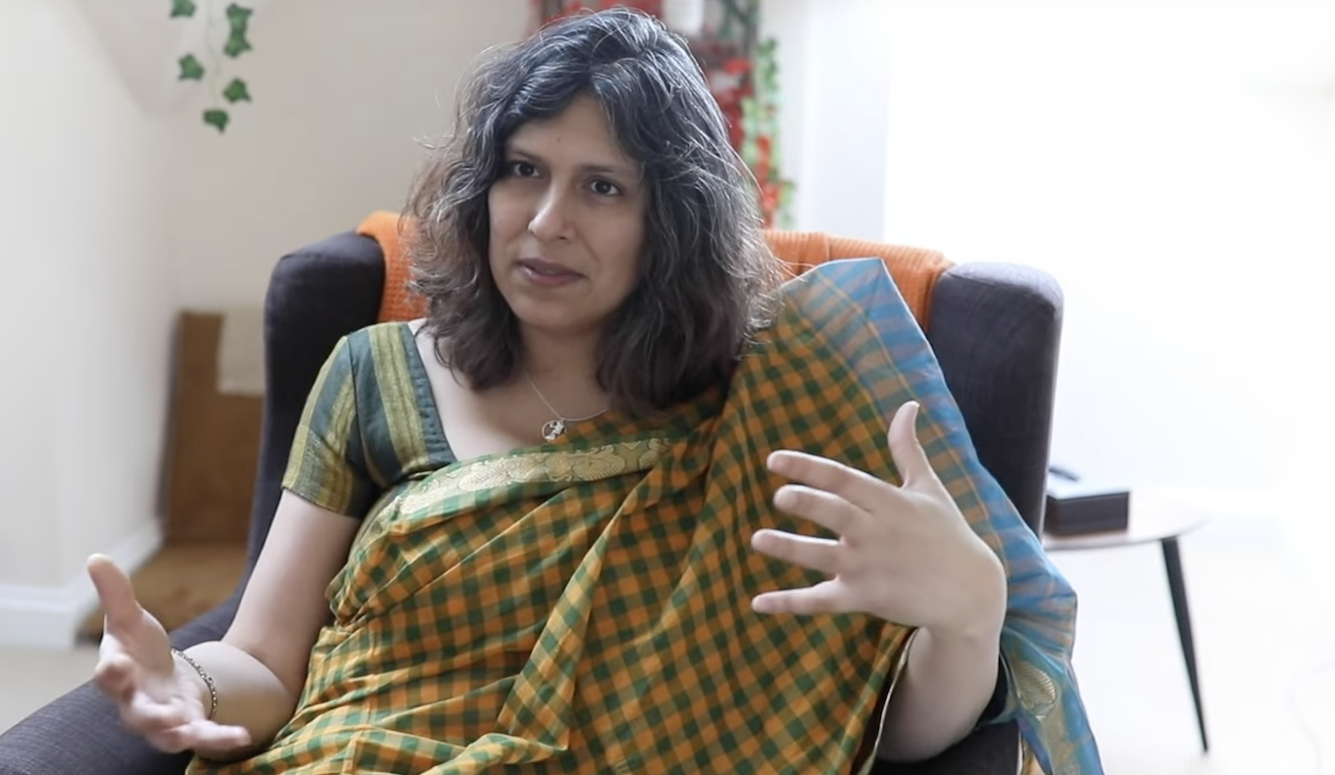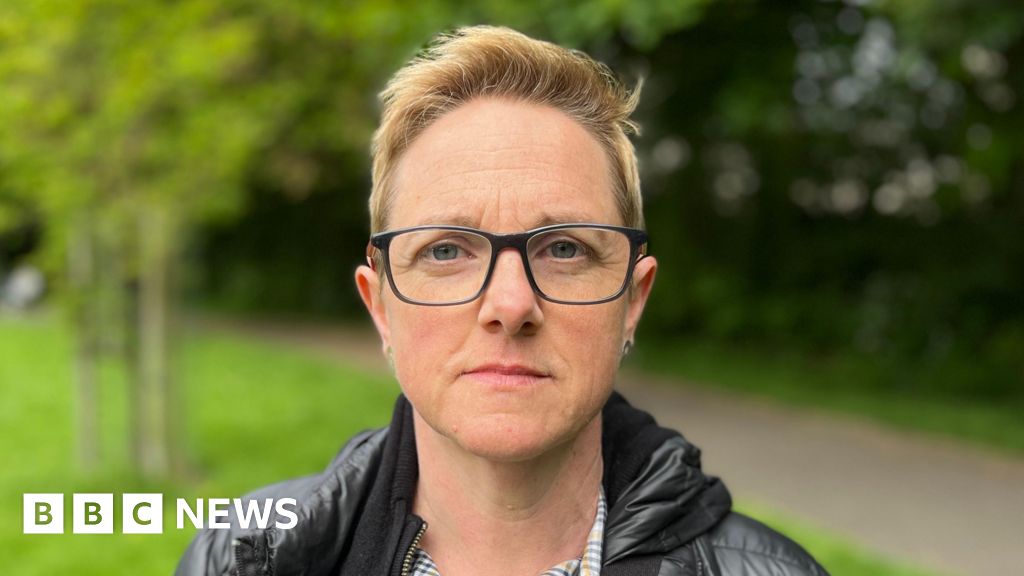Podcast
Podcast #246: How Gender Activists Took Over a Scottish Rape-Crisis Centre
Quillette podcast host Jonathan Kay talks to writer Joan Smith about the scandals that unfolded at the Edinburgh Rape Crisis Centre under the leadership of its male trans-identified CEO, Mridul Wadhwa.

Jonathan Kay: Welcome to the Quillette podcast. I’m your host, Jonathan Kay.
Today’s guest is Joan Smith, whom our Quillette readers will know from her detailed and scathing articles about the state of gender politics in Scotland, including her most recent offering, which appeared on 4 August under the title, Gaslighting Scottish Rape Victims in the Name of Trans Inclusion.

In that article, Joan brought readers up to speed on the bizarre situation at the Edinburgh Rape Crisis Centre, which has been overseen in recent years by a trans-identified biologically male CEO named Mridul Wadhwa.
As Joan will discuss, Wadhwa was recently suspended from his job—or possibly fired, it’s not clear which—following a number of scandals. These included the bullying of a rape-crisis counsellor named Roz Adams, who’d asked questions about why clients at the rape-crisis centre weren’t being given honest information about the fact that the centre was being run by a man.

Thanks to the centre’s fixation on transgender inclusion, moreover, a subsequently convicted male sex offender named Cameron Downing was allowed to access the centre’s services, on the claim that he wasn’t really a man, but actually “non-binary.”
As we will discuss, these scandals at the Edinburgh Rape Crisis Centre reflect a larger pattern in Scotland.

Under former First Minister Nicola Sturgeon, who resigned in 2023, Scotland enacted a number of highly controversial policies in the name of trans inclusion, including putting violent male rapists in female prisons.
Once again, Joan Smith’s article appeared in Quillette on 4 August under the title, Gaslighting Scottish Rape Victims in the Name of Trans Inclusion. She spoke to me earlier this week from London, England.
Jonathan Kay: Joan Smith, thanks for being on the Quillette podcast. My first question is very basic: How do you pronounce the name Mridul Wadhwa?
Joan Smith: Well, that’s more or less it.
Jonathan Kay: Ah, okay… I’d assumed I was hideously butchering it, as I often do with names from all around the world.
So, how did this person become the head of, at the time… am I correct?… that it was Edinburgh’s only rape crisis centre?
Joan Smith: I think it was the only one. It was certainly the best known by far since it was set up by women for women. And the job of running the Edinburgh Rape Crisis Centre, the CEO job, had been advertised as open to women only.
And he applied, and he always wears women’s clothes, and he presents himself as a woman. And he did actually, in a podcast, say that [when] he applied for the job, he didn’t reveal his biological sex, and was offered the job, and it was only at that point that the people who interviewed him discovered that he was actually a biological male.
And at that point, they were legally entitled to withdraw the job offer because, you know, they’d been clear that it was only open to women. And there is an exemption under [Britain’s] Equality Act 2010, which allows certain jobs to be [reserved] for a person of a particular biological sex. But he was quite well known in those circles by then, because I think, I think he’d been around in Scotland, in Edinburgh, and, you know, the area since about 2005, working in the violence-against-women-and-girls-[counselling] sector, and presenting as a woman.
And I think they were impressed, and they decided to go ahead and give him the job.








